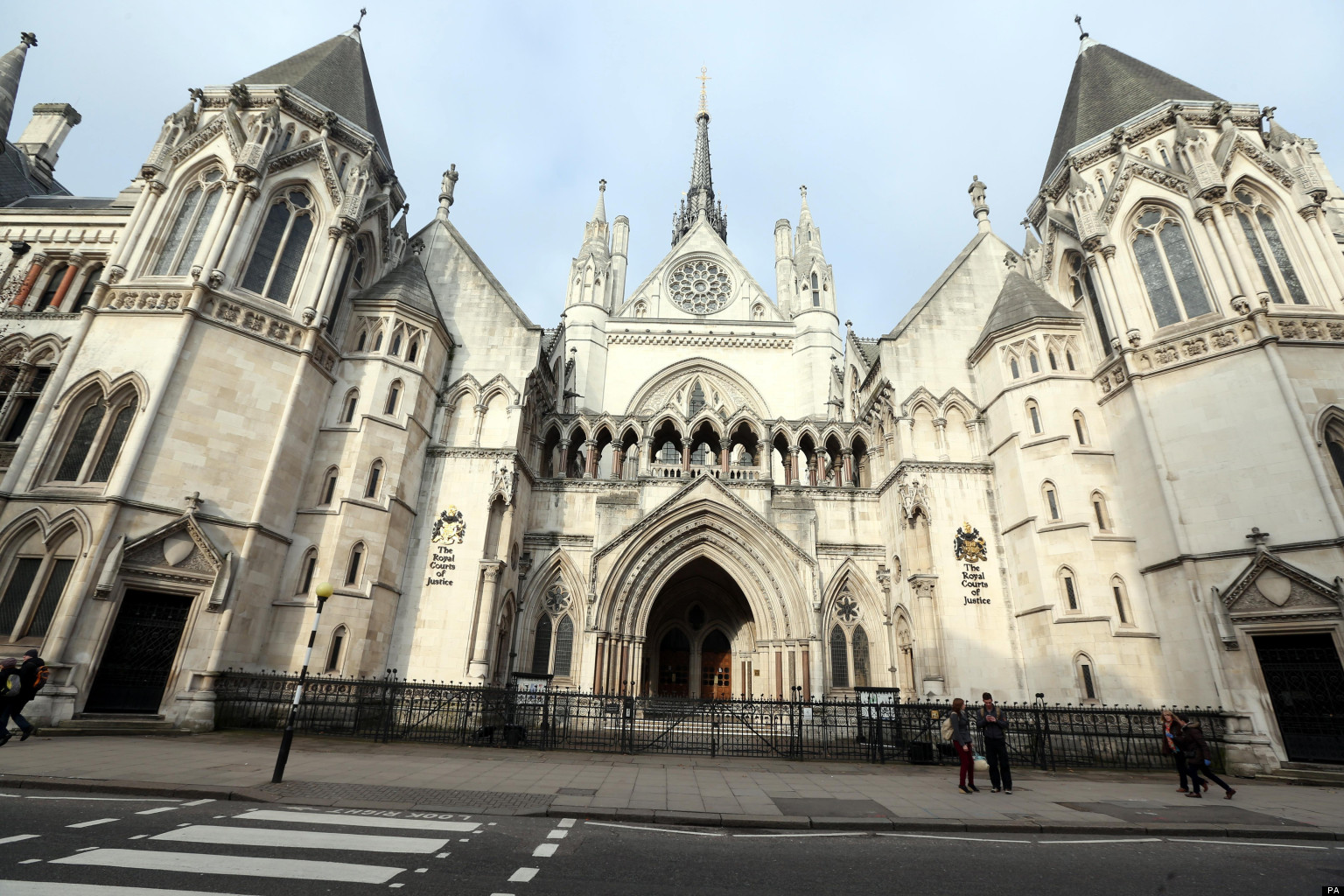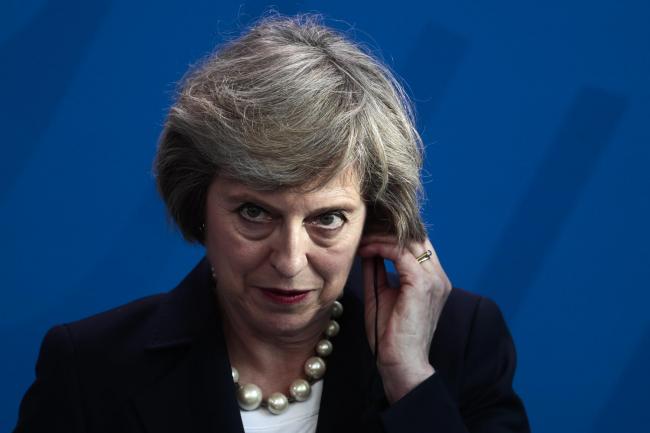Parliament alone has the power to trigger Brexit by notifying Brussels of the UK’s intention to leave the European Union, the Britain high court has ruled.
The judgment, delivered by the lord chief justice, Lord Thomas of Cwmgiedd, is likely to slow the pace of Britain’s departure from the EU and is a huge setback for Theresa May, who had insisted the government alone would decide when to trigger the process.
The lord chief justice of Britain High Court said that “the most fundamental rule of the UK constitution is that parliament is sovereign”.

The politically-charged decision is, however, likely to be appealed to the supreme court, where space has been cleared in the justices’ schedules for a hearing early next month.
By handing responsibility for initiating Brexit over to MPs, the three senior judges – Lord Thomas; the master of the rolls, Sir Terence Etherton, and Lord Justice Sales – have ventured on to the constitutionally untested ground.
The legal dispute focused on article 50 of the treaty on the European Union, which states that any member state may leave “in accordance with its own constitutional requirements” – an undefined term that has allowed both sides to pursue rival interpretations.

The decision may undermine the prime minister’s authority in conducting negotiations with other EU states in the run-up to the UK’s withdrawal.
The court took barely two and a half weeks to deliver its judgment. Lawyers for the government had argued that the prime minister has authority under the royal prerogative – its executive powers – to give formal notification.
The challengers maintained that parliamentary approval and legislation was required for such a fundamental change that would deprive millions of UK citizens of their legal rights. If ministers alone triggered Brexit they would be undermining the sovereignty of parliament, it was argued.

